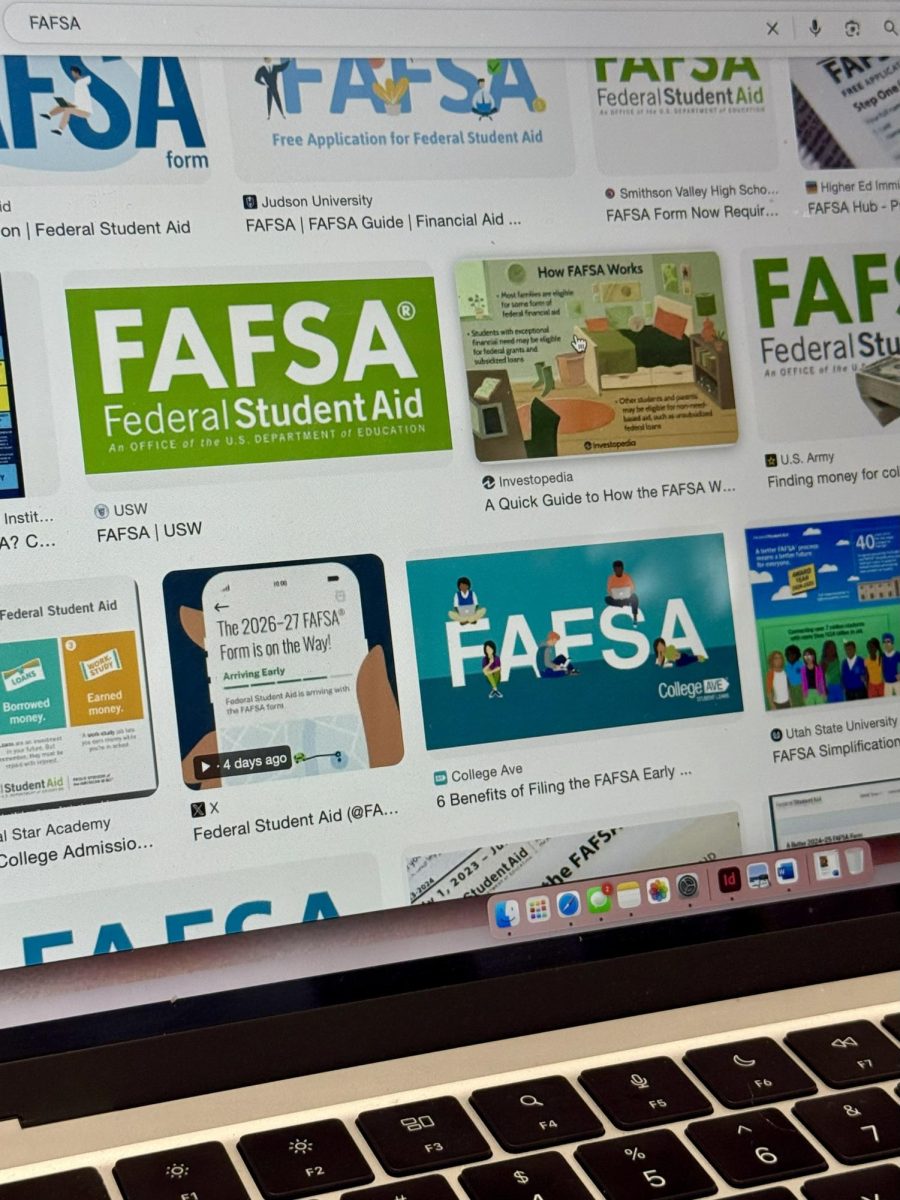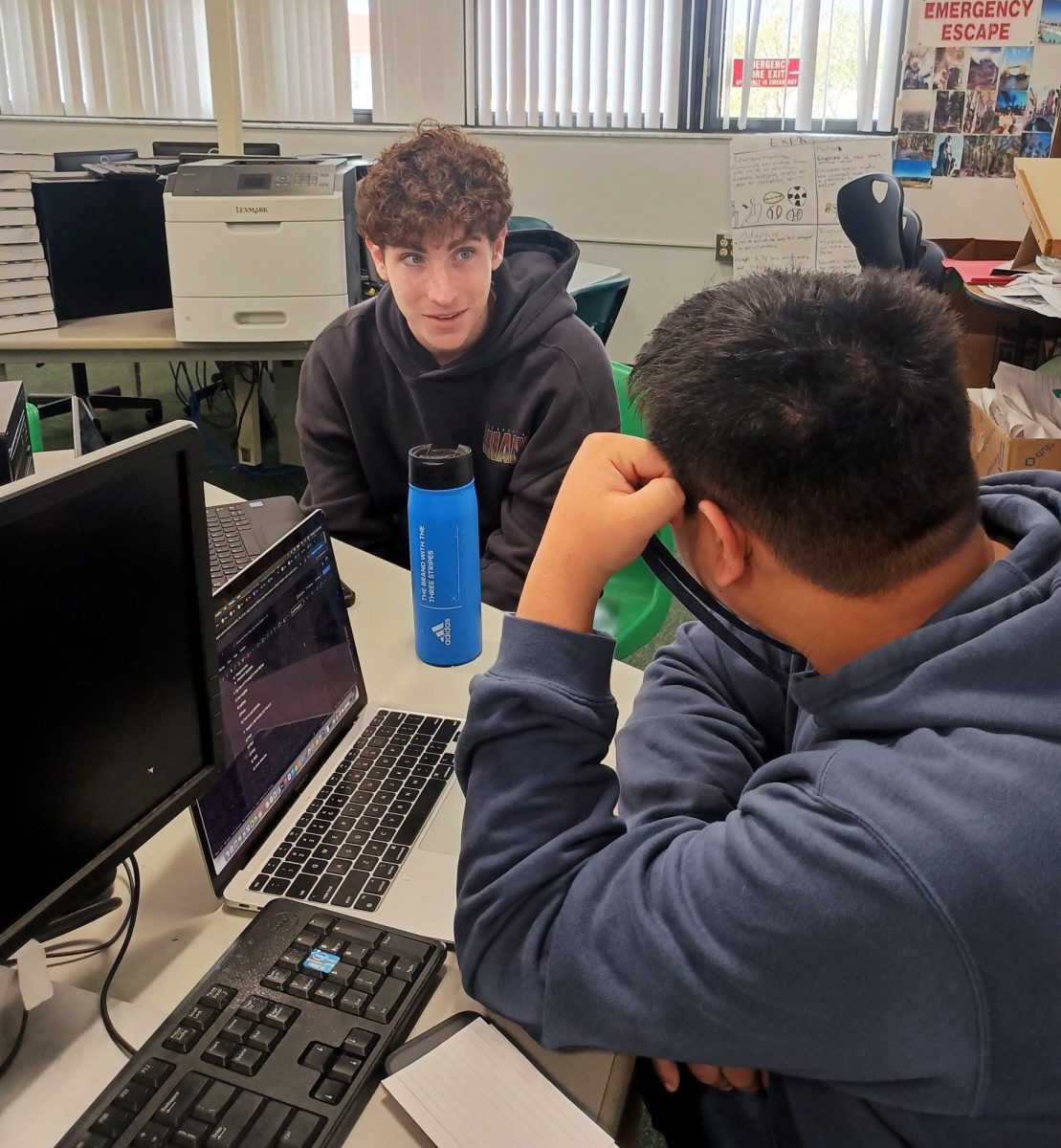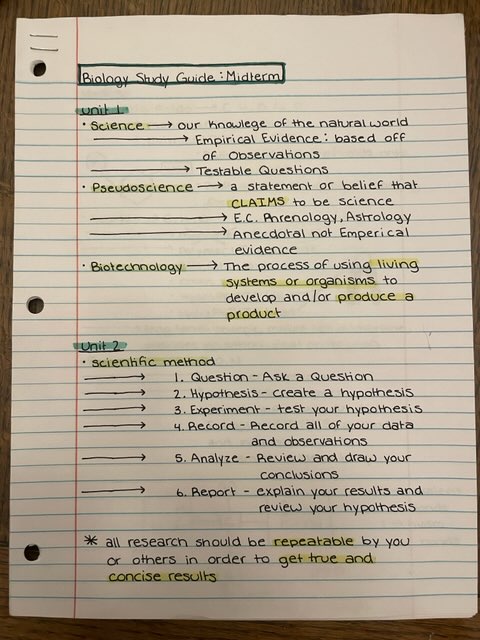As each school year begins, the pressure is on for high school upperclassmen to start thinking about their next steps in life. Whether those future milestones are continuing their academic career, learning a trade, entering the job force, or serving in the military, any of those decisions require careful consideration.
Those who choose to focus on furthering their academics or pursue a trade typically have one major concern, student loan debt. Many Florida students are eligible for financial aid through a variety of programs including the well-known Florida Bright Futures scholarship. To obtain the full Bright Futures scholarship, students must complete and document 100 hours of either volunteer or paid work hours through an organization approved by their guidance counselor, be a Florida resident, and have a minimum of a 3.5 weighted grade point average (GPA). Bright Futures is just one of the more common Florida scholarships that students can earn, however the Florida Medallion Scholars, Florida Academic Scholars, Florida Gold Seal Vocational Scholars, among a multitude of other scholarships, are available, each with their specific requirements.
Whether it is to stay closer to home or even save money, many students in Florida choose to attend in-state colleges. In-state tuition is almost always cheaper than out-of-state, and it is typically an easier process to be granted financial aid at an in-state school through various programs within the home state. Moreover, St. Petersburg College Career and Academic Advisor offer, “If students want to minimize debt, I highly suggest that they choose programs at in-state public colleges and universities. Do not take out loans for schools that you cannot afford to pay back. Use grant and scholarship money and complete all of the classes that you enroll in.”
With the newness of college life many students struggle balancing their social and school lives. No parents and being your own boss are all fun and games until it’s not anymore. Maintaining a good social and school balance is critical when it comes to academic success. However, it is important to prioritize learning and studying if students want to keep their financial aid. St. Petersburg College Career and Academics Advisor states, “Not understanding the responsibility that accepting that money comes with. As soon as you do not successfully complete courses, you risk financial assistance being taken away.”
As of July 2025, college tuition continues to increase, and certain programs of the Federal Emergency Management Agency (FEMA) have been shut down. This impacts Florida scholars specifically, as each year natural disasters like hurricanes occur, the balance between their home and work lives is affected and significantly affect their schooling. Being uprooted from a home and having to move or repairing significant damages just to be able to occupy your home due to flood water and storm debris, while also trying to pay for school is not feasible for many households. Therefore, it is important that students (especially in Florida) do not take financial aid for granted and uphold required standards to keep it.
Avoiding student loan debt is crucial at such a young age as students are newer to managing money, especially large amounts which are given to them. With this, St. Petersburg College Career and Academics Advisor say, “college tuition as well as so many other parts of our daily lives have increased, financial aid has not matched the same rate of increase. There is currently a federal lawsuit that has paused student loan forgiveness. Loan repayment in general can be very confusing and daunting. Do not depend on loan forgiveness and when it is time to pay back any loans you do take out, do not put it on the back burner. A lot of events that can be very exciting in young adults’ lives depend on good credit. When you default and do not pay back your student loans, it affects your credit and could affect whether or not you can make purchases, such as a home.”
During this perpetual student loans crisis, students must take extra precaution when it comes to maintaining their academics and managing their aid. College should be the start to young adults’ lives; it should not be the start of a lifetime of debt.













